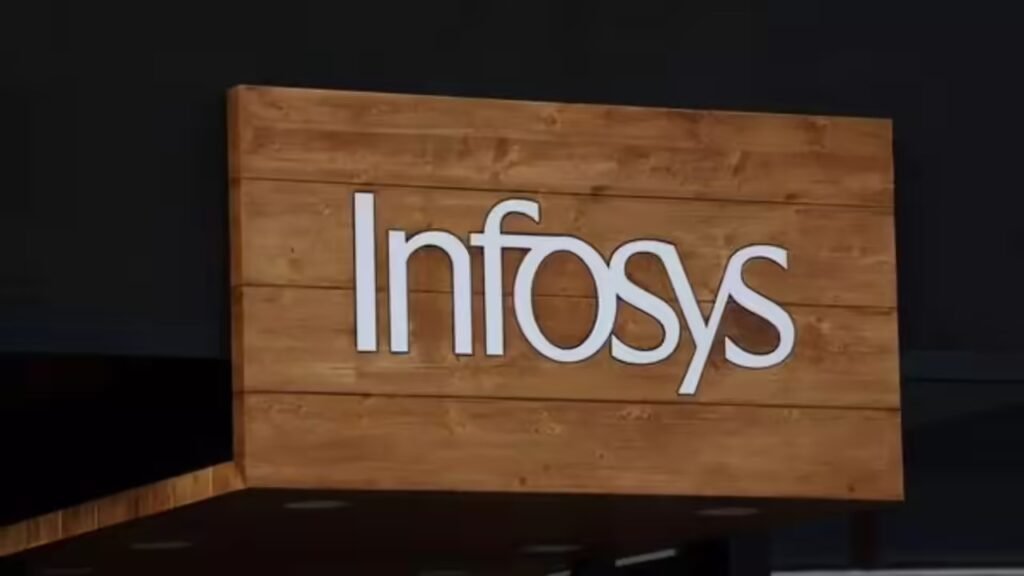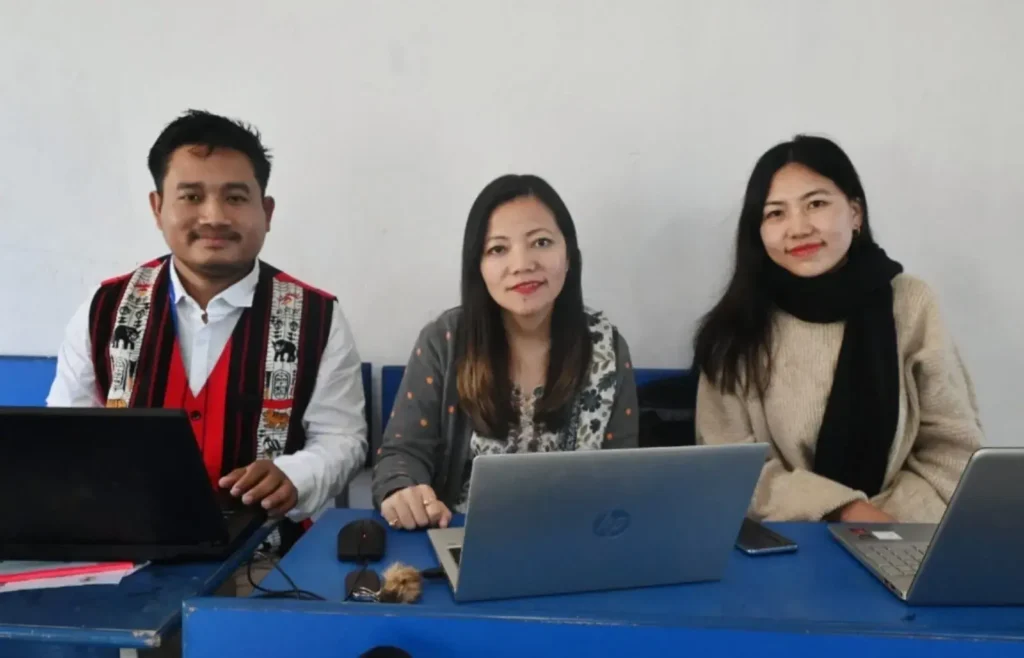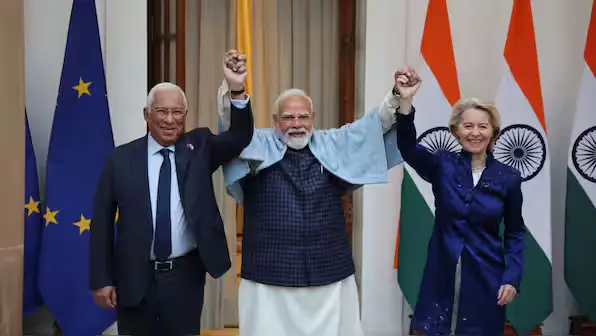As Finance Minister Nirmala Sitharaman prepares to present the Union Budget 2026–27 on February 1, expectations are running high across education, industry, healthcare, technology, and women’s empowerment sectors. The Budget comes amid global geopolitical uncertainty, subdued domestic demand, and weak FDI and investment growth, yet India’s economic fundamentals remain robust, offering a foundation for progressive, long-term reforms. Stakeholders are urging a balance between fiscal prudence, infrastructure spending, and strategic investments in human capital, AI and deep technology, healthcare, and women’s empowerment, emphasizing that policy clarity and outcome-oriented measures will be key to sustaining India’s growth trajectory and global competitiveness. Against this backdrop, leaders from education, industry, and healthcare have shared their priorities, highlighting the need for structural reforms, capacity building, and innovation-focused allocations. From strengthening school and higher education outcomes to fostering AI-driven entrepreneurship, preventive healthcare, and women’s economic empowerment, these voices collectively underscore the role of the Budget in shaping India’s future-ready workforce and resilient economy. Kanak Gupta, Group Director, Seth M.R. Jaipuria Schools, says the Union Budget 2026 must mark a decisive reset in school education, particularly beyond India’s metros. He notes that as India prepares for Budget 2026, the conversation must move “beyond allocations and announcements to a harder question: are our schools building capability at the pace India’s future demands?” With over 250 million school-going children—nearly two-thirds in Tier 2, Tier 3 and semi-urban regions—Gupta emphasises that India’s next phase of growth “will not be decided in a few global cities, but in the quality of schooling available across districts and emerging towns.” He urges stronger execution, teacher capability, and outcome-linked funding aligned with NEP 2020 priorities, institutionalised continuous professional development, AI as core infrastructure, early skills integration, school–industry linkages, and systemic inclusion, noting “Inclusion is not welfare—it is an investment in human capital.” According to him, Budget 2026 is an opportunity to treat school education as “India’s most strategic economic investment,” not merely a social obligation. Dr. Madhu Chitkara, Pro Chancellor of Chitkara University (Punjab & Himachal Pradesh) says “The Economic Survey 2025-26 reminds us that India’s education story is no longer about enrolment alone—it is about transformation. We stand at a juncture where access has expanded, but quality and relevance must take center stage. My expectation from the Union Budget 2026–27 is that it should boldly reimagine education as the nation’s most strategic economic investment. This means embedding digital learning across classrooms, empowering teachers with cutting-edge training, and bridging rural-urban divides with equitable infrastructure. More importantly, higher education must be aligned with the skills of tomorrow—artificial intelligence, renewable energy, biotechnology, and advanced manufacturing—so that our youth are not just degree holders but innovators and job creators. If the Budget can turn India’s demographic dividend into a knowledge dividend, it will secure not only inclusive growth but also global leadership. Education must be the engine that powers India’s next decade of prosperity.” Ganesh Natarajan, Chairman, GTT Data Solutions & 5F World, says the Budget comes amid global uncertainty and weak domestic demand. While acknowledging these challenges, he notes that “the fundamentals of the Indian economy remain strong and provides a strong foundation for a progressive budget.” He expects “a careful balancing of infrastructure and fiscal deficit, rationalisation of taxes and investments in foundational AI and Deep Tech where India has been lagging in comparison to the US and China.” Kunwar Shekhar Vijendra, Co-Founder & Chancellor of Shobhit University and Chairman, National Education Council, ASSOCHAM, stresses that “budgets do not transform education—institutions do.” While financial allocations matter, without academic capacity, regulatory trust, and institutional autonomy, they “remain accounting entries.” India’s challenge, he says, is strengthening universities as spaces of knowledge creation, ethical leadership, and national purpose. Education, according to Vijendra, must be treated as long-term nation-building infrastructure—“patiently funded, thoughtfully governed, and purposefully empowered.” Abhishek Ballabh, Co-Founder & CEO, ExtraaEdge, says that as founders building AI products from India for a global market, there is “a clear uncertainty many of us are carrying—not about ambition or talent, but about whether India will be a producer of AI or remain a large consumer of it.” He sees the Budget as “an opportunity to remove that uncertainty,” calling for decisive support for AI infrastructure, including local compute, affordable GPUs, reliable inference capacity, and India-hosted data centers. He also emphasises local models and applied AI, noting that “vertical AI companies solving real problems in education, healthcare, BFSI, manufacturing, and public services need equal support.” Predictable policy and capital frameworks, he adds, will attract long-term foreign investment into Indian AI. Dr. Aloke Mullick, Chief Growth Officer, OMNI Hospitals says “As an ex CEO of national hospital chains, my budget expectations are clear: protect affordable care while supporting capacity expansion. Private equity has poured significant capital into Indian healthcare — estimates show PE/VC flows of roughly $5–6 billion annually in recent years and a cumulative multi-billion-dollar push into hospitals (sector 2023–24 figures vary by source). To curb a creeping PE takeover of community healthcare, I urge the government to offer a matching public support package — soft loans or a sovereign equity vehicle sized to roughly match recent PE inflows (i.e., several billion dollars spread over 3–5 years). Such instruments should carry patient-care covenants, caps on profit extraction, and lock-in periods to preserve clinical autonomy and affordable pricing. Complementary measures: tax incentives for greenfield capacity in Tier-2/3 cities, faster MSME-style credit for smaller hospitals, and transparent PPP reimbursement timelines. These steps will balance capital needs with national health interests.” Sameer Mehta, Chairman, Dr. Mehta’s Hospitals, Chennai, says the Union Budget 2026–27 should prioritise practical, system-level reforms that lower healthcare costs and improve patient experience. He calls for a sandbox approach in which the government subsidises private and trust hospitals to pilot new technologies that can significantly reduce operating costs, with proven models later scaled across government hospitals. He also emphasises the need to standardise insurance authorisation processes—before, during and after discharge—to ease consumer pain and reduce administrative delays. Additionally, Mehta advocates the creation of a centralised group purchasing portal for drugs,










